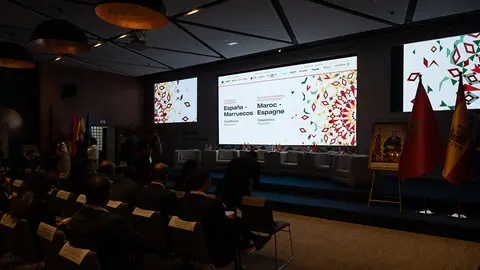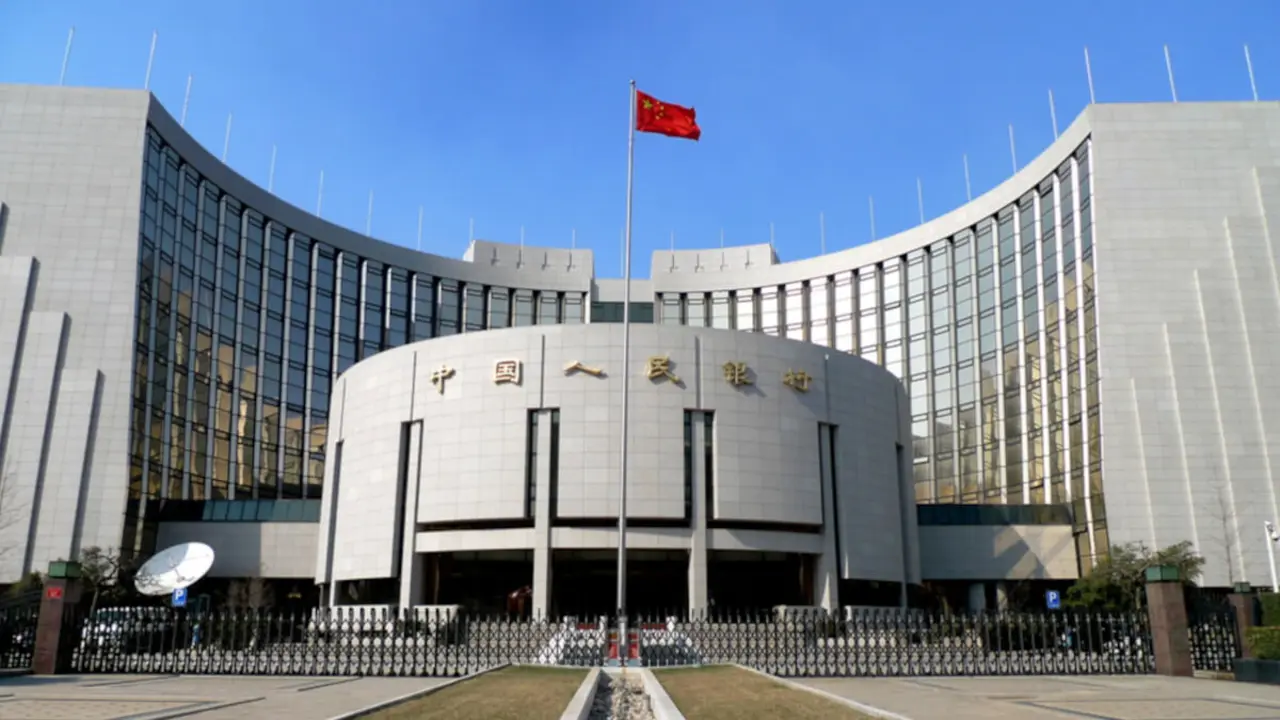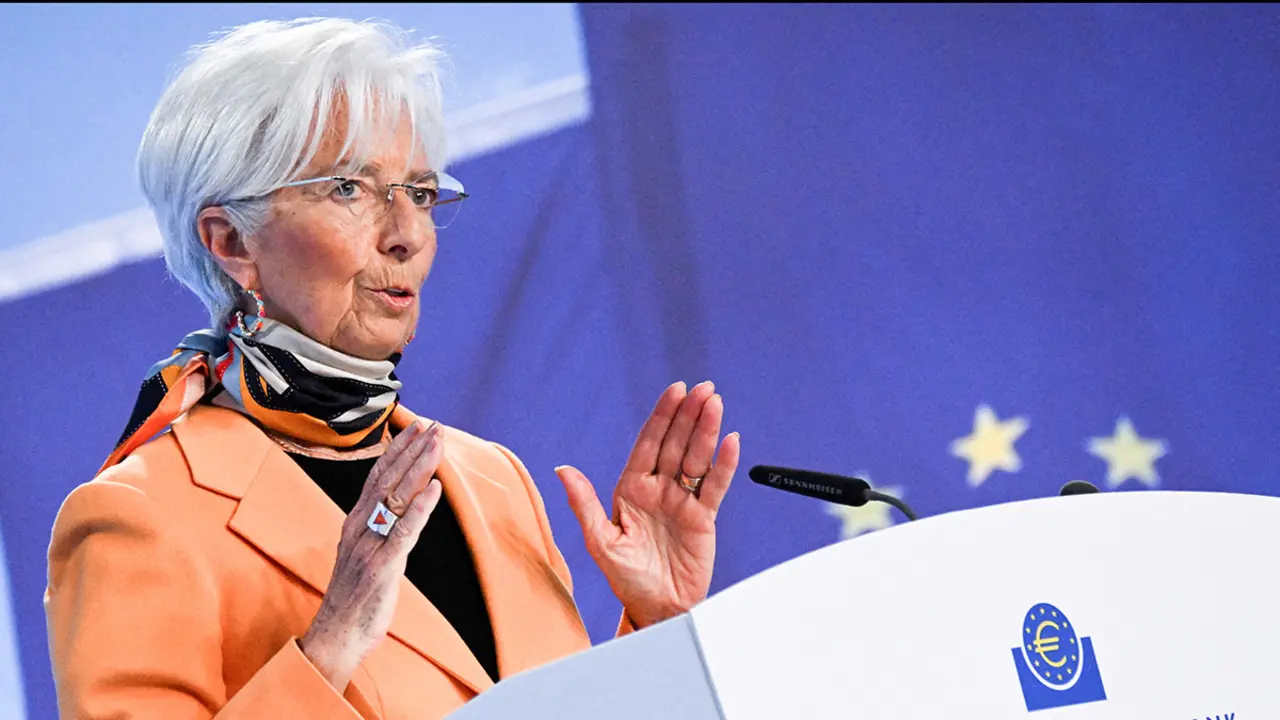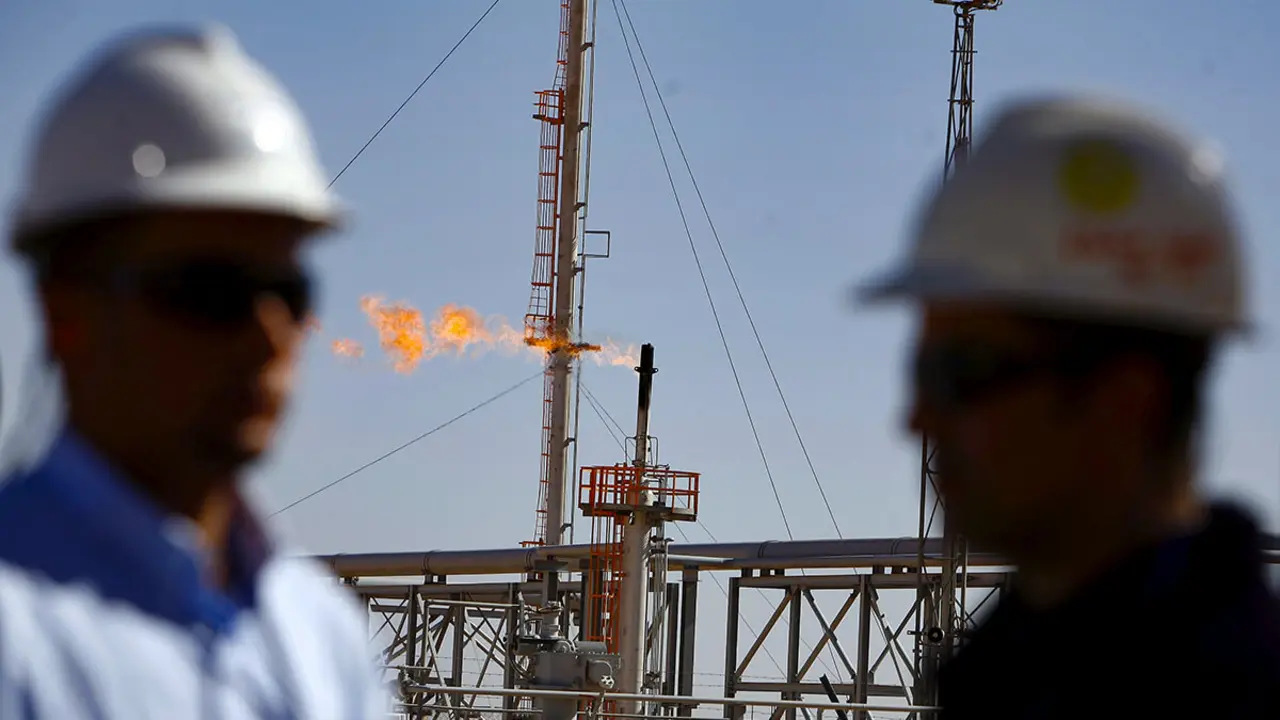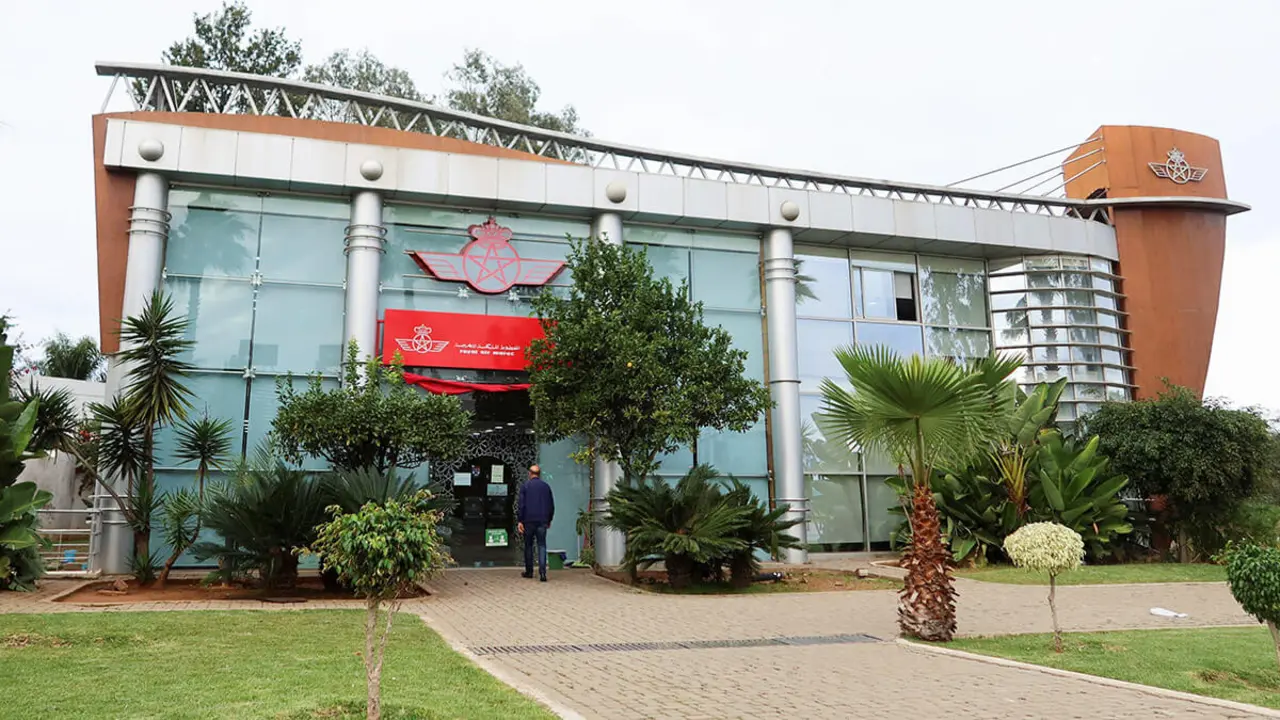Morocco ranks among the world leaders in green hydrogen production

Considered "a pioneer of green energy in Africa" according to the German media Tagesschau, Morocco faces the coming years with the knowledge that its energy infrastructure will be a key global player. Morocco's proximity to Europe is one of the main reasons why the Moroccan government is promoting all possible energy projects. This is corroborated by data from the Deloitte report.
According to the latest report "Green Hydrogen: Energising the Road to Net Zero. Deloitte's Global Green Hydrogen Outlook 2023", the Alawi kingdom would be among the future global powers to 'decarbonise' economic dependence on hydrocarbons. Among the main assets of the Kingdom of Morocco's economy, the report highlights the high capacity and competitiveness of its "solar and wind resources". In addition, Morocco's proximity to Europe makes it one of the best positioned countries in the world.
The importance of North Africa in decarbonisation is reflected in the numbers. By 2050, revenues from clean hydrogen are expected to exceed $280 billion, of which the region's countries would receive 39.2% ($110 billion). To increase its renewable energy capacity, Morocco has set ambitious targets. The report also ranked the Alawi nation alongside Chile, Saudi Arabia, Spain, the UK and Japan as the countries with the highest growth potential.

By 2030, the nation hopes to have a 52% share of renewable energy in its total capacity. Morocco also intends to further increase the share of renewable energy in its electricity mix, from 60% by 2040 to 70% by 2050, focusing on both capacity and power generation.
The government intends to significantly reduce its reliance on conventional thermal power plants, such as those running on coal, natural gas and oil, by 2050. The nation wants to implement smart grid technologies to manage demand and store energy to partially decarbonise its energy mix over the same period.
Among the key goals for clean hydrogen is to surpass the trade value of LNG (Liquefied Natural Gas) to reach $1.4 trillion by 2050, up from less than $500 million today. According to this analysis, public and private leaders have a huge opportunity to accelerate the shift to green energy, according to Joe Ucuzoglu, global CEO of Deloitte.

"Deloitte's research shows how clean hydrogen can help address decarbonisation in some of the most emissions-intensive sectors, even though wind, solar and other more conventional renewable energy sources are needed for a net-zero emissions future and, moreover, the most difficult to reduce the impact of climate change worldwide while accelerating economic growth, especially in developing nations," he said.
The task of decarbonising the energy sector globally is on the political agendas of the vast majority of countries. While ambitious and beneficial, it is a difficult task to achieve. While global projects always have a common goal, each country is beholden to its people, and not all governments will be willing to make economic sacrifices that undermine national projects. The problem for developing countries is that, according to the Deloitte report, around 35% ($3.1 trillion) of cumulative global supply chain investment should come from countries considered "developing".
As a result, only a quarter of this is expected to be covered by 2030, as most countries' economies are in an inflationary situation due to the post-pandemic situation, which has been aggravated by the war in Russia and Ukraine.
Deloitte's Global Hydrogen Centre of Excellence (GHCE) was established to assist decision makers in government and business in planning and implementing a clean hydrogen future. The GHCE is committed to helping clients scale up clean hydrogen and promote widespread decarbonisation.
"Our most recent effort to better assist clients during this crucial energy transition is the expansion of Deloitte's hydrogen-related offerings to organisations around the world through the Centre of Excellence, reflecting Deloitte's investment and commitment to sustainability and climate," said Tarek Helmi, global hydrogen leader at Deloitte.
The centre intends to work with clients at all stages of market development through professionals from Deloitte firms, from advising and sharing ideas to help address some of the toughest questions to implementing solutions and assisting in project execution by providing resilient supply chains and on-the-ground infrastructure to support operations.

